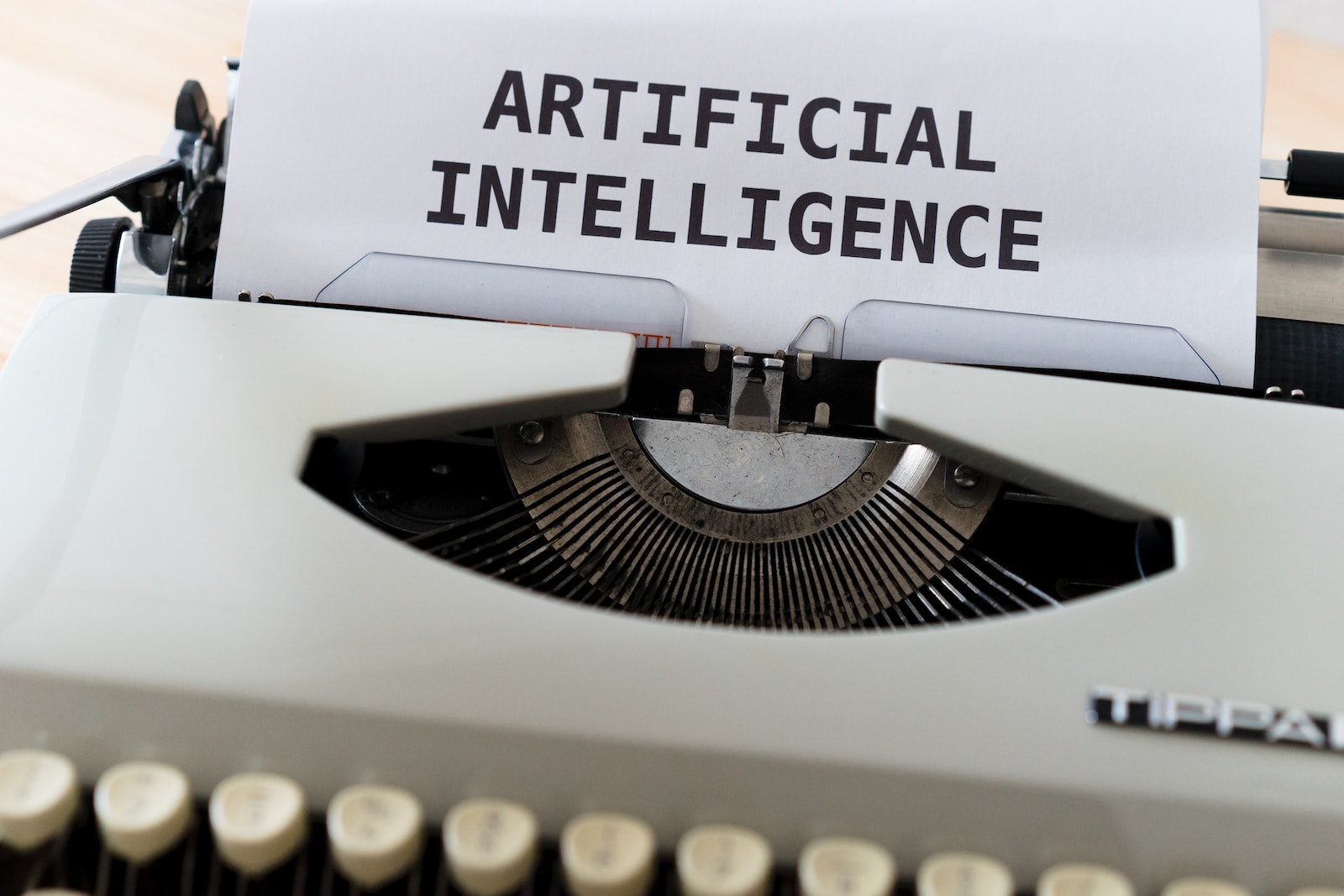What Ethical Considerations Surround AI in Criminal Justice?
The integration of AI in criminal justice systems raises several ethical considerations that impact fairness, transparency, bias, accountability, and privacy. These considerations are crucial in ensuring that AI applications in this domain serve justice without perpetuating or exacerbating existing societal biases or ethical dilemmas.
Bias and Fairness
AI algorithms might perpetuate biases present in historical data used for training. Biased data can lead to unfair outcomes, particularly for marginalized or minority groups. Ensuring fairness in AI-based decisions remains a significant challenge.
Transparency and Explainability
AI algorithms, especially complex machine learning models, often operate as ‘black boxes,’ making it challenging to understand how decisions are reached. The lack of transparency and explainability raises concerns regarding the justification of AI-driven decisions in legal proceedings.
Accountability and Responsibility
Determining accountability for AI-driven decisions poses challenges. Assigning responsibility for outcomes generated by AI systems, especially in cases of errors or unjust outcomes, is a complex ethical dilemma within the criminal justice context.
Privacy and Data Protection
AI applications in criminal justice often involve sensitive personal data. Ensuring proper data privacy, protection, and ethical use of individuals’ information is crucial to maintain public trust and safeguard civil liberties.
Algorithmic Oversight and Governance
Developing robust oversight mechanisms and governance frameworks for AI in criminal justice is essential. This includes continuous monitoring, auditing, and accountability mechanisms to mitigate biases and ensure ethical use.
Racial and Socioeconomic Biases
AI algorithms might inadvertently perpetuate racial or socioeconomic biases prevalent in historical data. This can lead to disparate impacts on different demographic groups, exacerbating existing disparities in the criminal justice system.
Human Rights and Procedural Fairness
AI’s role in decision-making processes, such as sentencing or parole decisions, raises concerns about upholding human rights and ensuring procedural fairness. There’s a need to align AI-driven decisions with legal and ethical standards.
Community and Stakeholder Engagement
Incorporating diverse perspectives from affected communities, legal experts, ethicists, and stakeholders in the development, deployment, and assessment of AI systems is crucial to address ethical concerns and ensure legitimacy.
Bias Mitigation and Continuous Improvement
Efforts to mitigate biases in AI algorithms and continuously improve their fairness and accuracy are imperative. Implementing bias detection tools and ethical guidelines can aid in addressing biases and ensuring equitable outcomes.
Educational and Ethical Training
Providing education and training to legal professionals, policymakers, and AI developers on the ethical implications and responsible use of AI in criminal justice is essential for ethical deployment and decision-making.
Conclusion
Navigating the ethical considerations surrounding AI in criminal justice requires a concerted effort to address biases, ensure transparency and fairness, uphold human rights, protect privacy, establish accountability, and engage diverse stakeholders. Balancing technological advancements with ethical and legal standards is crucial for leveraging AI’s potential while maintaining trust and integrity in the criminal justice system.
Author








